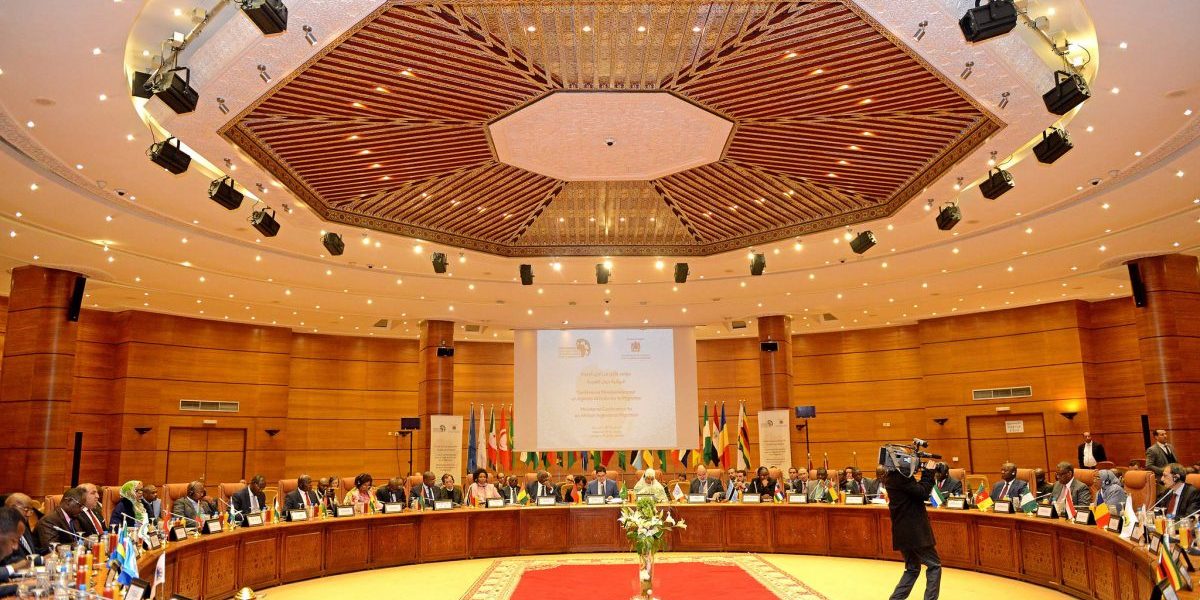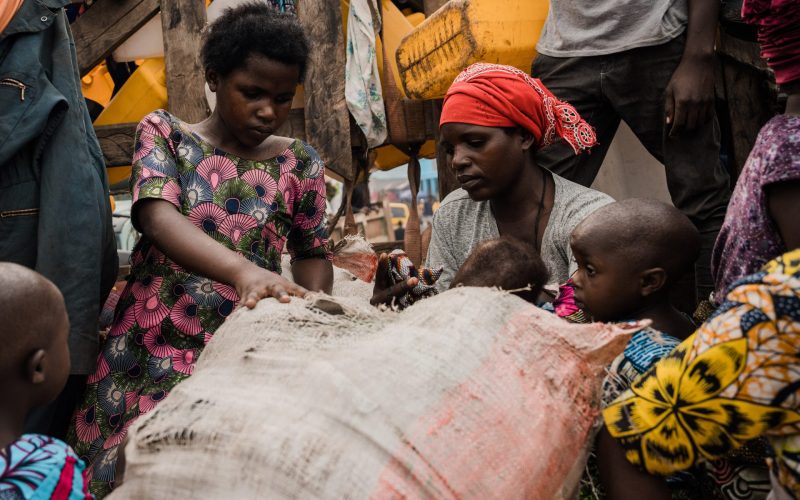These events – particularly those in Libya – have divided the African Union (AU), and shaken the organisation’s fragile new foundations of democracy promotion and conflict prevention.
Initially, the AU Peace and Security Council (PSC) issued two strong statements in support of the ‘legitimate aspirations’ for democracy of the people of Egypt and Libya, and condemned violence and violation of international humanitarian law against civilians in Libya. After the North Atlantic Treaty Organisation (NATO) intervened in Libya, however, the older norm of non-interference in the internal affairs of member states was reasserted.
In this dramatic context, the AU has reached its tenth anniversary as a reformed and reinvigorated institution, which replaced the Organisation of African Unity (OAU) in 2002. It is an apt time to reflect on whether the AU’s response to events taking place in North Africa over the past year is an exception to the organisation’s track record of greater engagement in conflict resolution and political peer pressure among African leaders, or a sign that the old rules of the “dictators’ club” of the 1970s and 80s still prevail?
There are three explanations for the reform of the OAU, which are important to understanding whether and to what extent the new principles adopted by the AU have been consolidated since 2002: an overall increase in the number of African democracies; an active role played by “norm entrepreneurs” within the OAU secretariat and the AU commission; and strong leadership by key member states.








